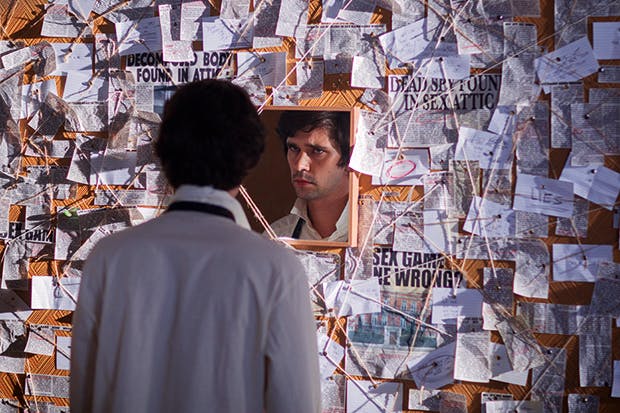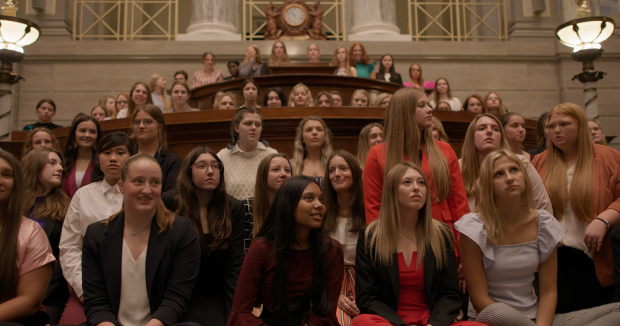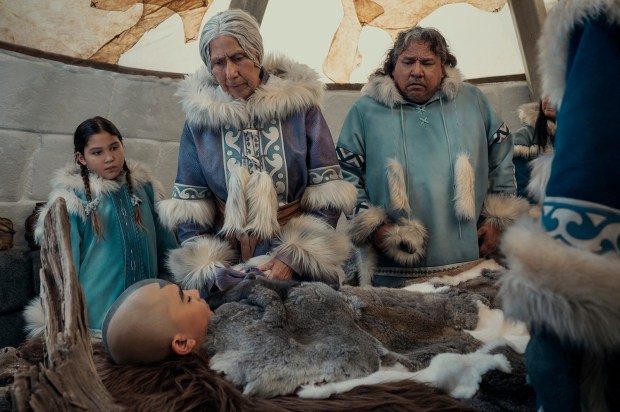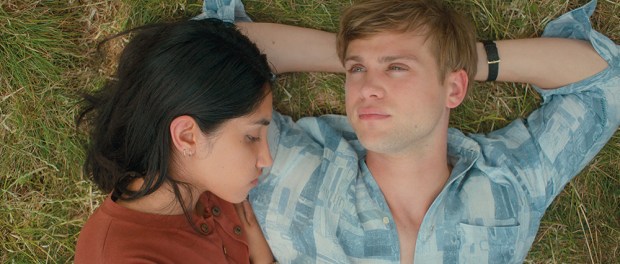The main problem with being a TV critic, I’ve noticed over the years, is that you have to watch so much TV. It’s not that I’m against it in principle: I like my evening’s televisual soma as much as the next shattered wage slave with no life. But the reality is that you end up doing stuff like I found myself doing on this Monday night just gone — cringing at pert male arses heaving up and down in a sensitive gay love scene in some moody new BBC spy drama that is going to be occupying our screens for the next five weeks.
Why? I find straight sex enough of an embarrassment but watching two men going at it — even pretty ones like the stars of London Spy (BBC1, Mondays) Ben Whishaw and Edward Holcroft — really is an ordeal too far, especially when, as a viewer, you’re clearly expected to find it all languorously romantic and lovely, whereas what you’re actually thinking is: c’mon, you’re a spy series, so let’s have less shagging and more intrigue and killing.
Luckily, the first episode ended happily. The handsome but incredibly dull and taciturn lover ended up zipped into a bag, just like that real spy who, it is now suspected, was bumped off by the Russians. How did he get there? Don’t care, don’t care! I refuse to endure any more of this brooding turgidity, a shame though it might be not to catch more of Jim Broadbent doing his twinkly turn as a wise old queen with an air of Smiley-esque inscrutability.
The Great British Pottery Throw Down (BBC2, Tuesdays) is proving to be a much safer bet. Clearly it wants to be the new Bake Off — and it is the new Bake Off, with Radio 2 DJ Sara Cox doing the jaunty banter à la Mel and Sue, and a couple of potheads (or whatever you call clay experts) standing in for Paul and Mary.
We knew we were in safe hands when, in the opening episode, the male judge — ceramics designer Keith Brymer Jones — broke down in tears at the raw emotional upsurge induced by the beauteous bowls created by a contestant he had imagined would be a no-hoper. The camera loved it and so did we at home. Creativity under pressure; arcane skills; endearing losers; dark-horse winners; competitive brutality sweetened with jokes. It’s a formula that works because it’s what we most want from our TV: cosy, reassuring, familiar escapism.
I’d hoped to find a bit more of that in The Last Kingdom — the ongoing TV adaptation of Bernard Cornwell’s Anglo-Saxon novels. But I fear it has had its wells poisoned by the conviction and shocking daring of Game of Thrones. You sense this timidity in the costume design, which is much more Merlin than echt 9th-century Wessex. Some prat, somewhere, clearly decided that, unless characters like the cute hero Uhtred (Alexander Dreymon) dressed like something from a boy band, the vital yoof demographic might find it all off-puttingly historical.
What works best is Cornwell’s reimagined King Alfred as a wimpy, slightly prissy intellectual with a core of steel. I loved the scene where the horrid Vikings turn up to negotiations expecting to bully him into submission, only to find their table-upturning bluster overmatched by Alfred’s cool intelligence. But the supporting characters — bitter, thwarted cousin, know-all monk, clever-clogs-cheeky-chappy servant — just look schematic and cardboard cut-out when set against the complexity of George R.R. Martin’s. Plus there aren’t nearly enough dragons or tits or randomly horrible deaths.
Finally, a late word of praise for The Celts: Blood, Iron and Sacrifice that was on BBC1 a few weeks ago and which you can still find on iPlayer. It was a torrent of the usual BBC historical-documentary clichés: enthusiastic, nay passionate presenters, gender-balanced (Alice Roberts and Neil Oliver); ‘we’re going on a journey to discover…’; lashings of military re-enactment (by the ever-magnificent Mike Loades); breathtaking panoramas from helicopters; mysteries which were mysteries but which now may have been solved just milliseconds before the series came out thanks to an astonishing new discovery; orgasmic gasps at the beauty, power and majesty of artefacts in sundry museums; interviews with characterful foreign curators; and so on…. Only this time they worked.
I gather from specialist websites that some of the history was a bit suspect: apparently, there’s little if any evidence that the Iron Age salt-miners who spent their entire stunted lives toiling like Tolkien-esque dwarves beneath a mountain at Hallstatt in Austria were actual Celts. But the series was so generally entertaining I think we can allow it a little poetic licence, especially for the pleasure of watching Oliver sniffing some salt-preserved Iron Age poo and discovering that it still smells even to this day.
Got something to add? Join the discussion and comment below.
Get 10 issues for just $10
Subscribe to The Spectator Australia today for the next 10 magazine issues, plus full online access, for just $10.















Comments
Don't miss out
Join the conversation with other Spectator Australia readers. Subscribe to leave a comment.
SUBSCRIBEAlready a subscriber? Log in